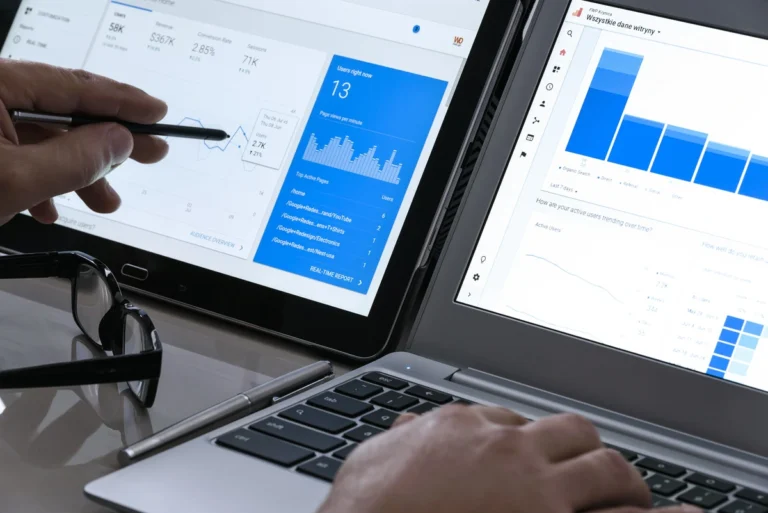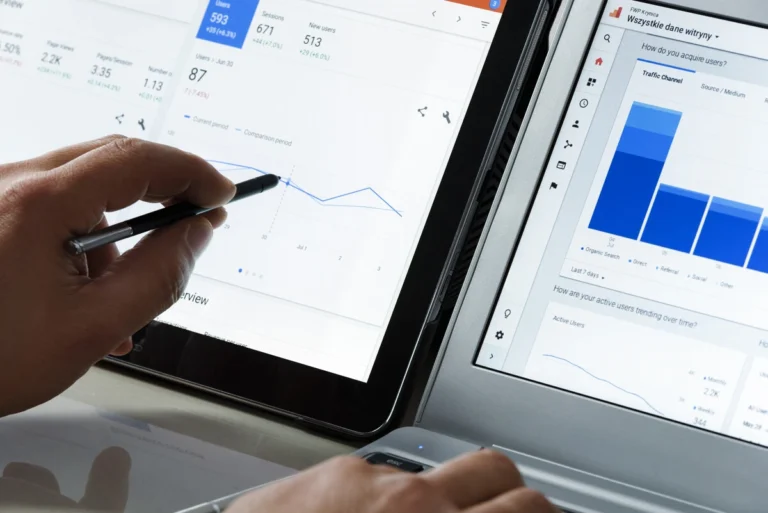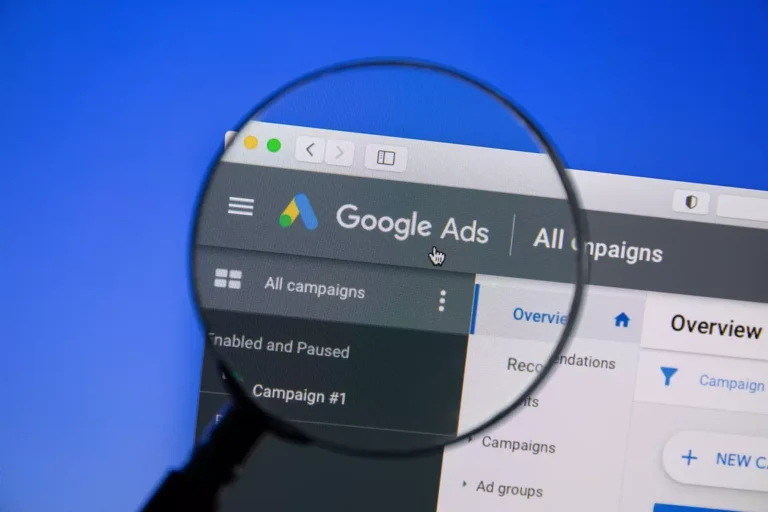Is There A Minimum Bid For Google Ads?
When exploring the intricacies of Google Ads for small business, one of the primary questions that often arises is whether there is a minimum bid requirement. Understanding this aspect is crucial for businesses aiming to maximize their advertising costs and ROI.
Explanation of Google’s Bidding System
Google Ads operates on a dynamic auction system, where advertisers compete for their ads to appear in the most coveted spots on search results pages. A key factor to note is that Google doesn’t impose a strict minimum bid. Instead, the system relies on factors such as the competitiveness of the keywords and the overall budget set by the advertiser.
Factors Influencing the Minimum Bid
Various elements influence what your minimum bid might be. Keyword competitiveness plays a significant role – highly competitive keywords obviously demand higher bids to secure prime ad placement. Additionally, your target audience location and the ad’s relevance also affect the minimum amount you’re expected to bid. The lower the competition for your keywords and the more targeted your ads, the lower your minimum bids might be.
How Quality Score Affects the Minimum Bid
Quality Score is another pivotal factor in determining the cost-effectiveness of your Google Ads campaigns. This score is based on the relevance and quality of your keywords, ad copy, and landing pages. A higher Quality Score can reduce your advertising costs by allowing you to bid less while still achieving high ad placements. Conversely, a low-quality Score can increase your minimum bid, as it signals to Google that your ads may not provide the best user experience.
Is $5 a Day Enough for Google Ads?
How do I advertise my small business on Google? Setting up an advertising campaign on a limited budget can be a challenge, but it’s entirely possible to achieve campaign effectiveness even with a modest budget, such as $5 a day. Let’s explore how you can maximize the potential of a low-budget advertising strategy on Google Ads.
Setting Realistic Expectations with a $5 Budget
Firstly, it’s crucial to set realistic expectations. With a daily budget of $5, you won’t dominate high-competition keywords or flood your site with traffic. However, you can still achieve meaningful results by targeting specific, lower-competition keywords that are highly relevant to your business. The key lies in focusing your efforts on niches where your ads can make the most impact without exhausting your budget quickly.
Types of Campaigns Suitable for Low Budgets
Low-budget advertising is best suited for certain types of campaigns. For instance, highly targeted search campaigns, local campaigns targeting a geographic area, or display campaigns that build brand awareness can all see success on a limited budget. Selecting the right campaign type allows you to stretch your budget further while effectively engaging with potential customers.
Optimizing Ads for Better Performance on a Limited Budget
Optimization is crucial. With a low budget, every dollar counts. Focus on refining your ad spend by continuously monitoring performance metrics and making necessary adjustments. Fine-tune your ad copy, use ad extensions to enhance visibility, and keep a close eye on your Quality Score to ensure your ads are shown to the right audience at optimized costs.
How Much Should You Bid On Google Ads?
Deciding how much to bid on Google Ads can be a critical factor in the success of your advertising campaigns. The right bid can enable you to maximize your advertising budget while ensuring that your ads are competitive in the marketplace. Here’s a comprehensive guide on how to determine the optimal bid for your Google Ads campaigns.
Understanding Your Market and Competition
The first step in determining your bid is to understand your market and the competitive landscape. Conduct thorough research into what your competitors are bidding. Utilize tools like Google Keyword Planner to get insights into the cost-per-click (CPC) for your target keywords. Higher competition often translates into a higher CPC, and knowing this will allow you to strategically position your bids.
Choosing Between Automated and Manual Bidding
Google Ads offers both automated and manual bidding strategies. Automated bidding algorithms can optimize bids for the best possible outcome based on your goals, such as maximizing clicks, impressions, or conversions. Alternatively, manual bidding gives you full control over each keyword bid, allowing for greater customization. Each strategy has its pros and cons, and choosing the right one will depend on your campaign objectives and level of expertise.
Adjusting Bids Based on Performance Metrics
Once your campaign is live, it is vital to continually monitor its performance. Key metrics to focus on include click-through rate (CTR), conversion rate, and return on ad spend (ROAS). If a particular keyword is underperforming, consider lowering the bid or reallocating the budget to better-performing keywords. Regular adjustment based on real-time data ensures that your budget is spent efficiently. This process is crucial for maximizing the effectiveness of your Google Ads strategy.
Ultimately, the question of how much you should bid on Google Ads depends on multiple factors, including your market, competition, and specific campaign goals. By implementing a mix of strategic research, choosing the right bidding type, and regular performance monitoring, you can ensure your money is well-spent and your ads are competitive.
Conclusion
As we have explored, understanding the nuances of Google Ads bidding is paramount for leveraging the platform to its fullest potential. An overview of whether there is a minimum bid for Google Ads reveals that while there isn’t a fixed minimum, several factors, such as your industry’s competitiveness and your ad’s quality score, play a crucial role in determining your minimum bid.
Recap of Google’s Bidding System and Minimum Bid
The Google Ads bidding system is complex and multifaceted. There is no set minimum bid per se, but your minimum bid is dictated by the competitiveness of your keywords and the quality score of your ad. High-quality ads are more likely to be shown at lower bids, allowing you to maximize your ad spend efficiently.
Final Thoughts on Budgeting Effectively for Google Ads
When considering if $5 a day is enough for Google Ads, you must set realistic expectations and focus on optimizing your campaigns. Small daily budgets can still be effective if you select the right types of campaigns and continuously optimize for performance.
Determining how much to bid involves understanding your market, your competitors, and making strategic choices between automated and manual bidding. Flexibility and ongoing adjustments based on performance metrics are key elements for a successful bidding strategy.
Tips for Ongoing Ad Campaign Adjustments
Effective Google Ads management requires continuous monitoring and adapting. Keep a close watch on key performance indicators (KPIs) and make necessary bid adjustments. Regularly test different ad creatives and landing pages to see what drives the best results. Additionally, utilize analytics and reporting tools to gain insights into your campaign performance and make data-driven decisions to enhance your advertising strategy.
The ever-changing landscape of digital advertising demands a strategic approach to not only navigate the complexities of the Google Ads platform but also to stay ahead of the competition. Partner with a digital marketing agency that excels in utilizing algorithm-driven campaigns combined with insightful CRM data to drive efficient revenue growth. Take the first step towards maximizing your advertising potential by scheduling a free consultation with Bohu Digital today.




























































































